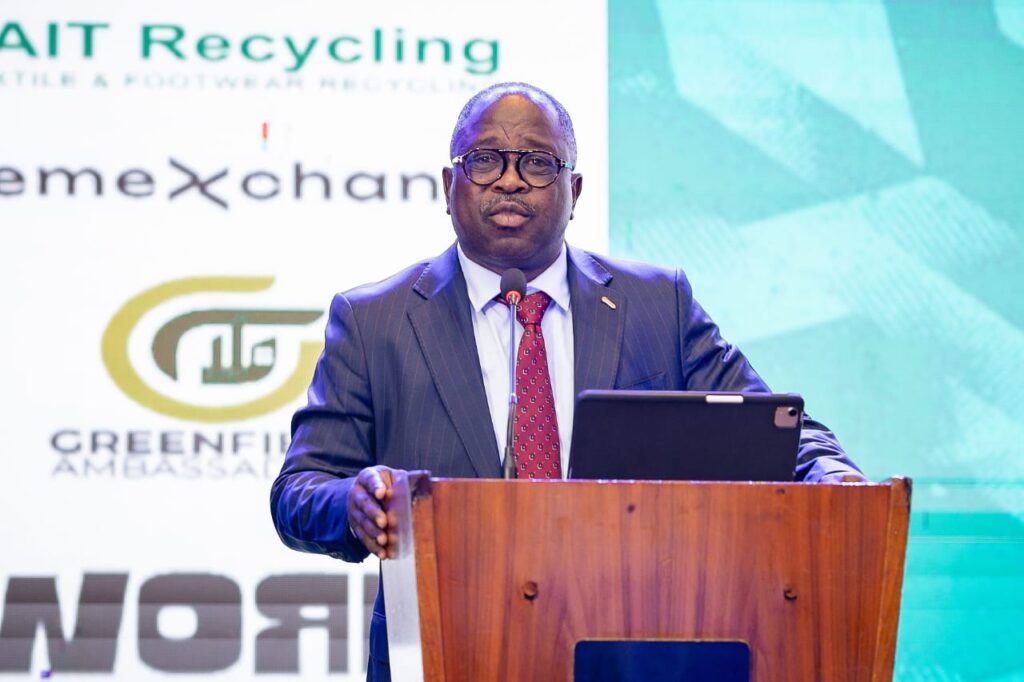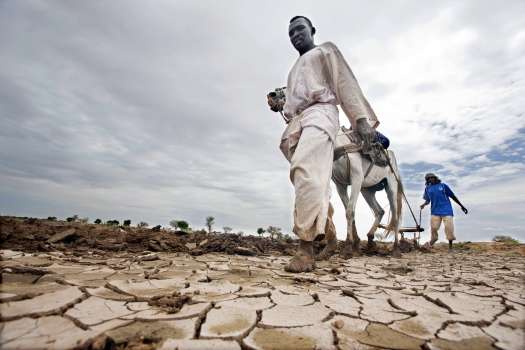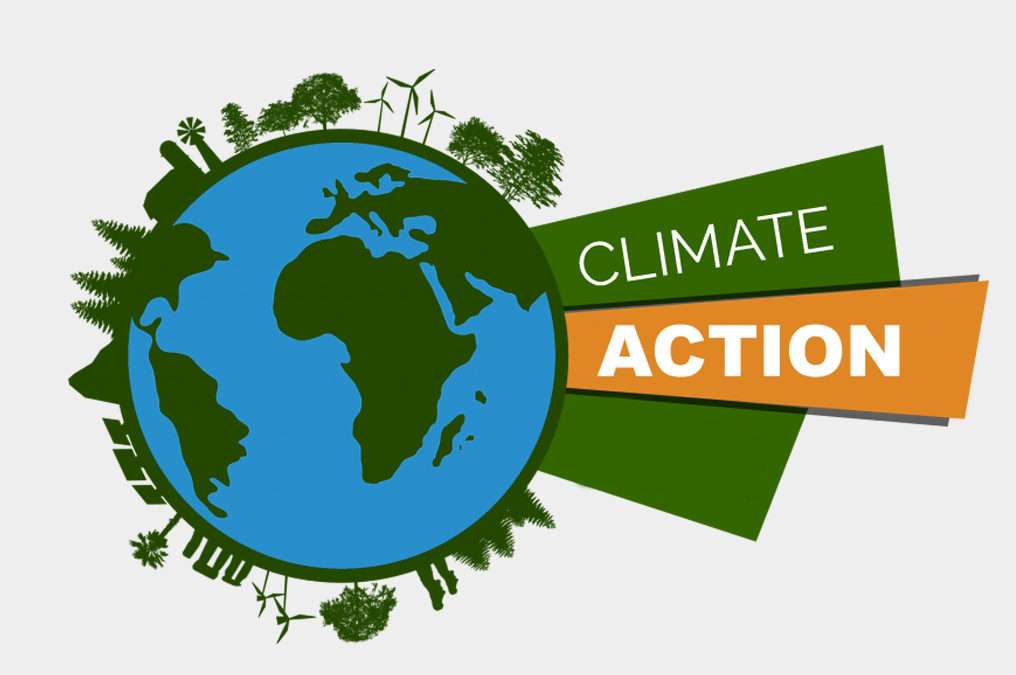Ghana has urged African nations to place resilience at the heart of infrastructure design and investment, warning that climate-induced losses are eroding development gains across the continent.
Speaking on behalf of Hon. Seidu Issifu, Minister of State for Climate Change and Sustainability, at the Coalition for Disaster Resilient Infrastructure’s (CDRI) side event themed “Built to Last: Securing Africa’s Infrastructure Future”, Cedric Dzelu, Technical Director at the Minister’s Office, called for urgent reforms in how Africa finances, builds, and governs critical infrastructure.
Mr. Dzelu underscored Africa’s daunting infrastructure needs, pegged at between $130 billion and $170 billion annually.
He explained that persistent deficits are already costing the continent roughly two percent of GDP each year, with climate change intensifying the challenge.
“Africa is losing an average of $1.84 billion annually, largely due to floods.
“With the power sector bearing 46% of this risk, followed by telecoms and transport, resilience must be the default in how we design, finance, and govern infrastructure.”
Cedric Dzelu, Technical Director at the Minister’s Office
His remarks highlight the reality that infrastructure systems, from electricity to roads and communications, are increasingly vulnerable to climate shocks, undermining both economic productivity and social stability.
Ghana’s Climate Response

Mr. Dzelu used the platform to outline Ghana’s recent steps in tackling climate challenges through policy and institutional reform.
He pointed to the establishment of the Office of the Minister of State for Climate Change and Sustainability as “a clear signal of the highest level of political commitment” to safeguarding the nation’s future.
He also shared the Minister’s broader vision of embedding climate action across government structures.
“The plan is to create a national Climate Change & Sustainability Hub and establish dedicated Climate Change and Sustainability Units across ministries, MMDAs, and key agencies.”
Cedric Dzelu, Technical Director at the Minister’s Office
According to him, such integration will ensure that resilience and sustainability are not afterthoughts, but central to national planning.
Building Resilient Supply Chains

Turning to sectoral priorities, Mr. Dzelu stressed the importance of addressing post-harvest losses in agriculture. He argued that resilient food systems are just as critical as resilient energy and transport networks.
“Post-harvest and cold-storage systems to cut food loss and secure supply chains are top priorities.
“We must ensure market access from local to international levels, reduce reliance on imports, and invest in resilient energy, transport, and digital networks.”
Cedric Dzelu, Technical Director at the Minister’s Office
His comments reflect Ghana’s strategy to tie climate resilience not only to environmental protection but also to food security and economic competitiveness.
On financing, Mr. Dzelu called for innovative approaches to mobilise domestic capital and attract global partners. He emphasised that resilience should be embedded across the project cycle, from conception to implementation.
He stated, “Every $1 invested in resilience can return up to $7 in avoided losses and improved services,” stressing that such investments are not costs but opportunities to safeguard national wealth.
He further called for partnerships to de-risk projects in order to make them more attractive to private investors, pointing out that Africa’s infrastructure gap cannot be closed through public financing alone.
Call for Pan-African Action

The Technical Director also urged regional cooperation, insisting that Africa must craft solutions that are sovereign and context-specific while aligning with global climate frameworks.
He stressed, “Africa’s future must be resilient, sovereign, and prosperous—built to last,” commending CDRI and its partners for driving the continental dialogue on climate-proof infrastructure.
Experts at the summit argue that resilient infrastructure will be a determining factor in Africa’s ability to withstand climate shocks, unlock investment, and meet its development goals.
For Ghana, the call to action builds on recent commitments under its Nationally Determined Contributions (NDCs) and the National Electric Vehicle Policy, all aimed at aligning growth with sustainability.
The Addis Ababa event comes at a critical time, as many African countries face mounting climate threats alongside fiscal constraints.
The emphasis on resilience reflects growing recognition that without climate-proof infrastructure, gains in industrialisation, digitalisation, and agricultural modernisation could easily be reversed.
By spotlighting its national reforms and rallying African nations to follow suit, Ghana is positioning itself as a leader in climate diplomacy and sustainable development on the continent.
Read Also: Banking Sector Shakeup: Five Ghanaian Banks Under Intense BoG Scrutiny Over Capital Failures



















